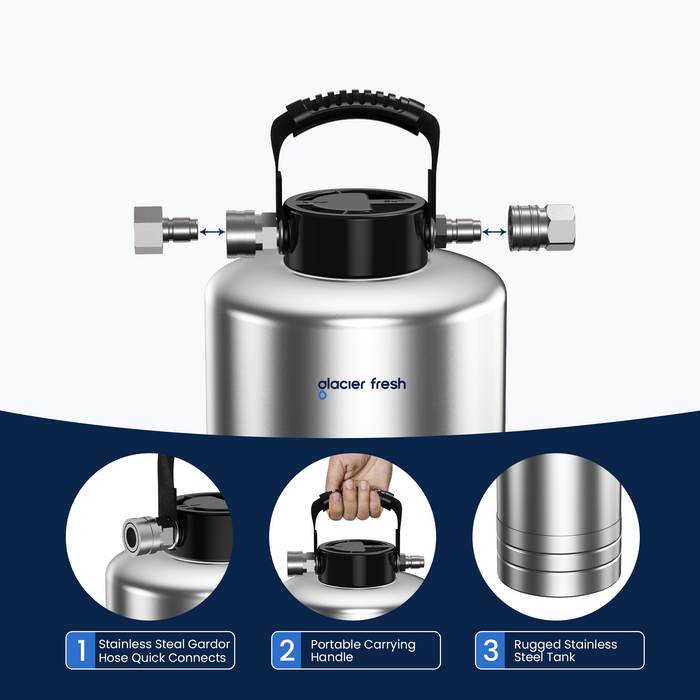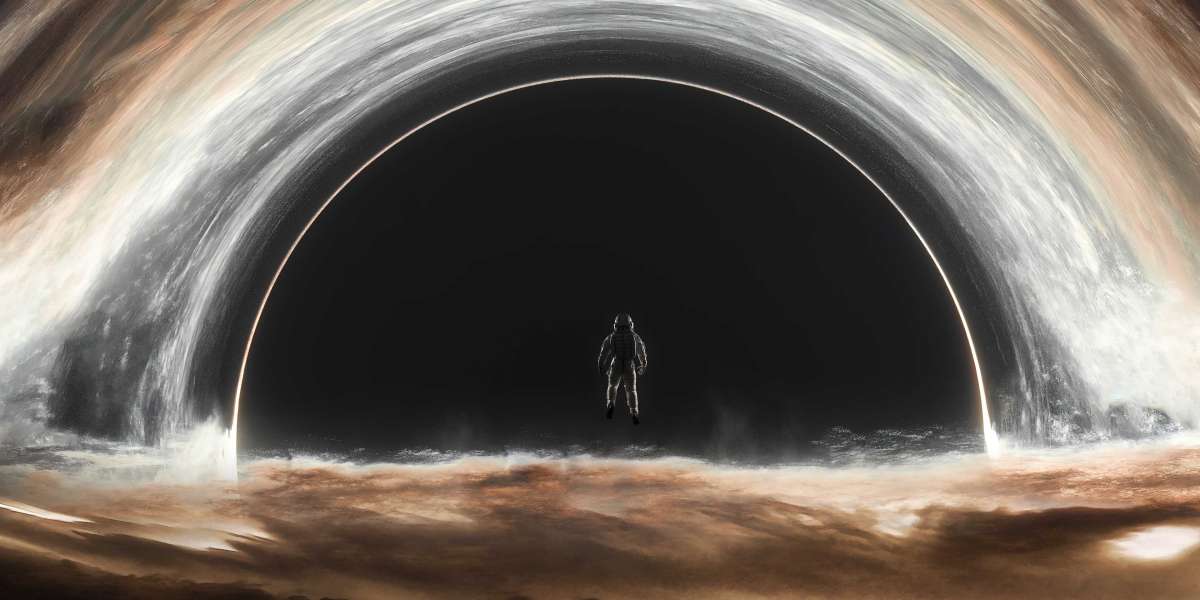When it comes to ensuring clean and safe drinking water while on the road in your RV, having a reliable water purification system is essential. With the wide range of options available, it can be overwhelming to choose the right one for your needs. In this article, we will explore different types of RV water purification systems and help you determine which one is right for you.

Understanding the Importance of Clean Water
Before diving into the various types of water purification systems, it is crucial to understand why clean water is essential for your RV adventures. Contaminated water can lead to various health issues, including gastrointestinal problems and waterborne diseases. Therefore, investing in a reliable water purification system is a wise decision to ensure the safety of you and your loved ones.
Exploring Different Types of RV Water Purification Systems
1. Filtration Systems:
Filtration systems are one of the most common types of RV water purification systems. These systems work by removing impurities and contaminants from the water through a physical barrier. There are different types of filters available, including activated carbon filters, ceramic filters, and reverse osmosis filters. Each type has its own advantages and limitations, so it's important to consider your specific needs and preferences.
2. UV Sterilization Systems:
UV sterilization systems use ultraviolet light to kill bacteria, viruses, and other microorganisms present in the water. These systems are highly effective in eliminating harmful pathogens and do not require any chemicals. However, they do not remove other impurities such as heavy metals or chemicals, so it's important to pair them with a filtration system for comprehensive water purification.
3. Chemical Treatment Systems:
Chemical treatment systems involve the use of chemicals such as chlorine or iodine to disinfect the water. These systems are affordable and easy to use, making them a popular choice among RV owners. However, they may leave an unpleasant taste or odor in the water, and some people may have sensitivities or allergies to the chemicals used.
4. Combination Systems:
Combination systems offer the best of both worlds by combining different purification methods. These systems typically include a filtration component along with UV sterilization or chemical treatment. They provide comprehensive water purification and are suitable for those who want maximum protection against contaminants.
Choosing the Right System for You
When selecting a water purification system for your RV, there are several factors to consider:
- Water Source: If you frequently camp in areas with questionable water sources, a more advanced system with multiple purification methods may be necessary.
- Budget: Different systems come at varying price points, so it's important to determine your budget and find a system that meets your needs without breaking the bank.
- Maintenance: Consider the maintenance requirements of each system. Some may require frequent filter replacements or bulb changes, while others may need periodic cleaning.
- Space: RVs have limited space, so it's important to choose a system that fits well within your available storage space.
By considering these factors and understanding the pros and cons of each system, you can make an informed decision and choose the right water purification system for your RV adventures.
Conclusion
Exploring different types of rv water purification systems is crucial for ensuring clean and safe drinking water while on the road. Whether you opt for a filtration system, UV sterilization system, chemical treatment system, or a combination of these methods, the key is to choose a system that suits your specific needs and preferences. Remember, clean water is essential for a healthy and enjoyable RV experience.

